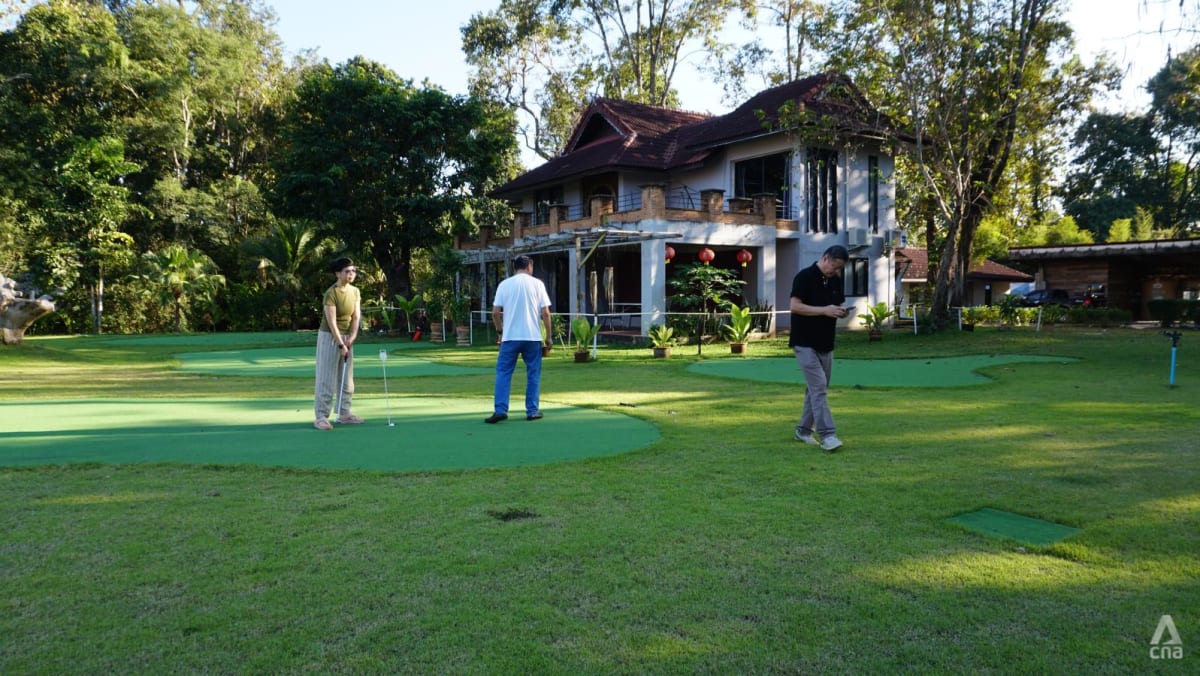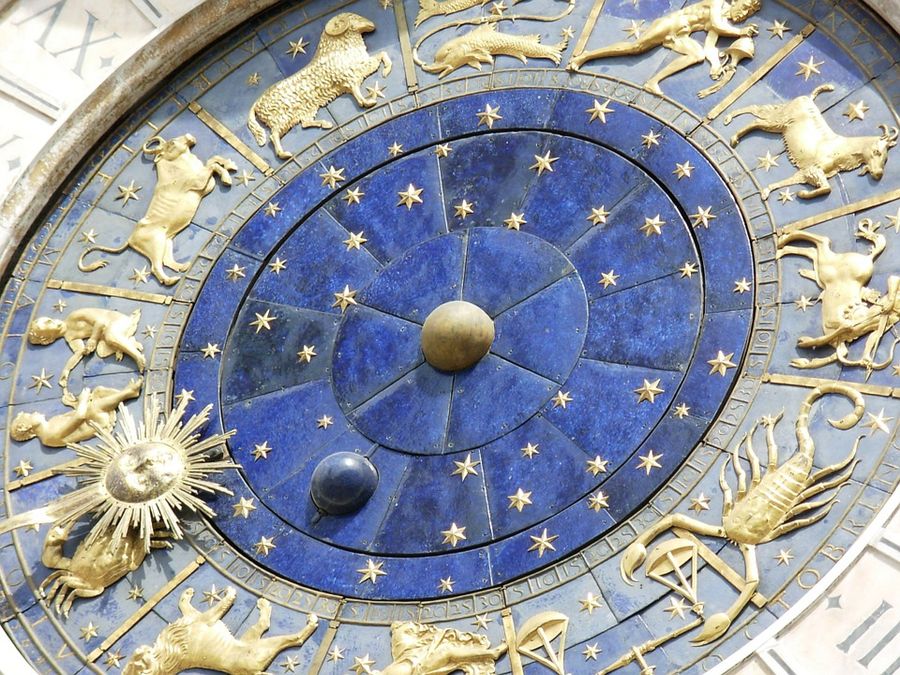Much like its plot, the name of Mads Mikkelsen’s new stubbornness-saga has had a journey of its own.
Originally lifted from the Danish novel The Captain and Ann Barbara by Ida Jessen, the story about an aging military captain’s attempt to cultivate a barren region was given the working title King’s Land — a direct reference to the story, and a title it still bears internationally.
Before long, that was changed to the more evocative, slightly mythic The Promised Land for North American audiences, but theatre-goers will see a much simpler phrase in this film’s opening credits.
Regardless of which language you watch it in, you’ll be greeted by a single word, burned fully across the screen: Bastarden.
Literal translation? The Bastard.
WATCH | The Promised Land trailer:
Here that name is referring to the background of our main character, Capt. Ludvig Kahlen (Mikkelsen), English-speaking audiences won’t have trouble tying that epithet to just about every grizzled, grimy face that appears on screen.
That’s because the characters in The Promised Land (releasing theatrically Feb. 9 in Toronto and Vancouver, Feb. 16 in Montreal and Ottawa) have about as much softness as the setting. But as it zigzags between blistering sand, blowing snow and the odd few blood-spattered orphans, it grows into a kind of dour hopefulness that justifies weathering the cold.
The plot is loosely adapted from history, though propped up by more liberties than even Ridley Scott’s recent Napoleon. And like The Terror‘s ahistorical retelling of the unknown horrors experienced by the lost crews of the Franklin Expedition, Jessen’s novel fills in a poorly documented period’s few known facts with well-researched fiction.
Here in the mid 1700s, Kahlen exiles himself to Denmark’s remote heath — a lawless, uncultivated wilderness that decades’ worth of dedicated men have failed to make suitable for farming. Denied a royal title due to the unfortunate circumstances of his birth (hence the bastard reference), Kahlen is broke after spending years in the military trying unsuccessfully to earn his birthright.
But as transforming the heath into a fertile settlement is one of the king’s pet projects, Kahlen sees it as both his redemption and destiny — one he will make true by any means, and through sheer force of will.
There’s only one problem: The heath sucks.
“There is nothing for shade, nothing for shelter. And the sky is cruel. It sends the heat that dries the depths of the soil. It sends frost in July. It makes it rain fish and worms which eat every green shoot, then burrow into the earth, later to emerge as red beetles which consume even the roots of the heather,” reads Jessen’s book.
“It makes it rain blood.”
In an interview with the Hollywood Reporter, writer and director Nikolaj Arcel said he aimed more for loyalty to Jessen’s text than he did historical accuracy, and it shows. He uses a huge portion of the over two-hour runtime to build the Cormac McCarthy-esque bleak pessimism of Jessen’s writing — at least at the outset.
No heroes
In what starts out as a sort of parable for how power and class structures breed indifference, Kahlen is first disregarded and discounted by the aristocracy: They let him go to what they assume will be his death. They give him no support, no funds and refrain from even informing the King of what Kahlen is trying to do for his homeland.
When Kahlen arrives, he’s no hero, either. Brutishly (and brilliantly) played by Mikkelsen, Kahlen manipulates a couple into working for him for free, as they have illegally fled from a local nobleman. Meanwhile that nobleman, Frederik De Schinkel (Simon Bennebjerg) spends his time alternately emotionally torturing a cousin he is actively coercing into marrying him or literally torturing and killing the servants trapped in his remote mansion.
It only gets worse from there. As Kahlen’s growing success threatens to topple de Schinkel’s mini empire, his Disney-style villainy shifts into a more terrifying amalgam of Gladiator‘s wine-crazy Commodus and Game of Thrones‘ impish sociopath Ramsay Bolton. Or, maybe more accurately, the real historical psychopath Gilles de Rais, mixed with Cybersix‘s smirking goblin-boy José von Reichter.

It all seems like a surprisingly dark tone — especially from the same writer who gave us Antboy — but the story is about more than the depravity of the human soul. The Promised Land can be seen as a sort of sister film to the pervasively hopeless Pelle the Conqueror, the 1989 best international feature-winner about an impoverished father and son forced to work themselves nearly to death on a Danish farm.
But while that movie works to showcase the resilience of the human spirit by showing its characters surviving trauma after trauma, The Promised Land eventually shifts from its relentless misery parade to question what we should suffer for in the first place.
A unifying message
This is the redemption of The Promised Land, both for its characters and its ultimate story — though it is not a masterpiece. Even with its beautiful cinematography and strong performances, something this violent, sad and long will struggle to keep audiences from cowering or yawning from start to finish.
But Arcel, scared stiff from Hollywood’s boardroom-guided production style that resulted in his Dark Tower flop, manages to wring a message from the mud. Instead of squeezing blood from a stone, maybe ask yourself if there’s something you might appreciate more than a bruised hand full of blood anyway.
That’s on top of seeing Mikkelsen clearly thrive in the sort of role he only goes to Hollywood in order to finance. His performance here is as brooding, nuanced and brutal as Valhalla Rising — with the same contradictory traits of a clearly violent man softened by the unfortunate foundling dumped on his doorstep.
The Promised Land is a bit more accessible, and a bit more violent, than that movie — if only slightly. A clearer plot, artistic vision and character arc also lead to an experience a bit easier to stomach.
That is, other than that one scene near the end. You’ll know it when you see it.







